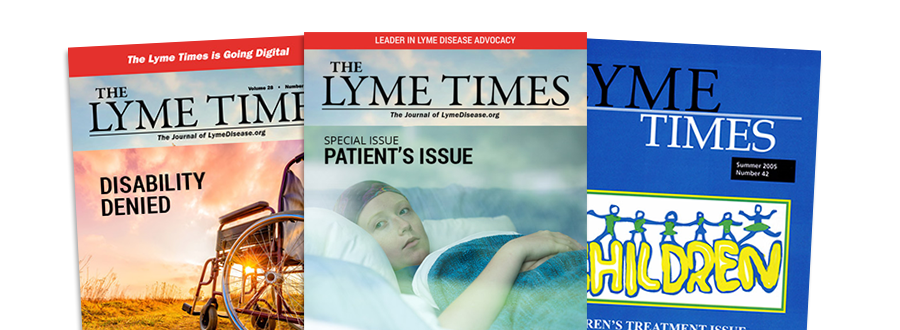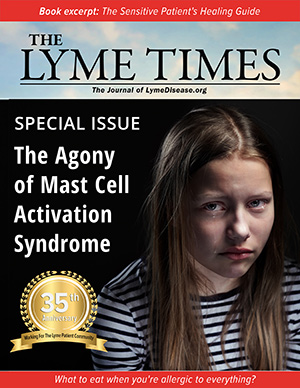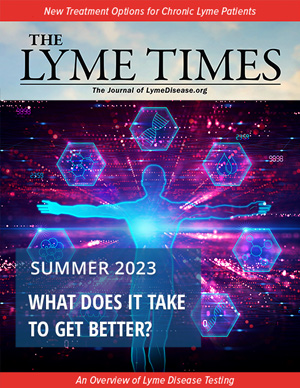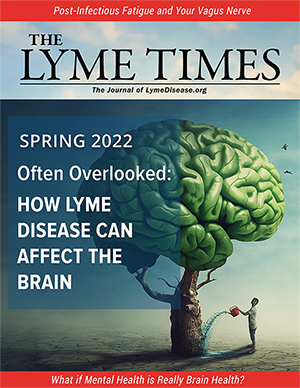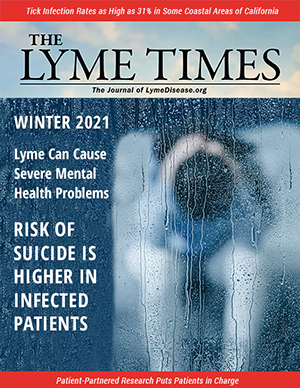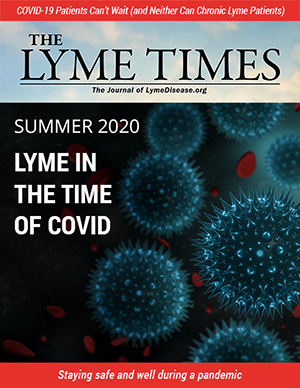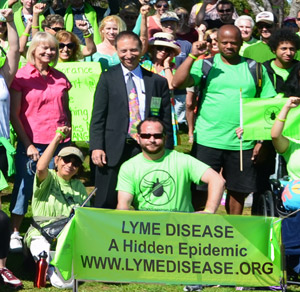- Home
- Find A Physician
- FIND A PHYSICIAN
- LymeTimes
- Current Issue
- Archives
- FEATURED LYMEDISEASE.ORG ISSUES
- Resources
- LYME LITERATE PHYSICIAN VIDEOS
- Physicians
- Members
- About Us
- Resources
T he BMJ (formerly called the British Medical Journal) is a weekly, peer-reviewed publication based in the UK. It’s regarded as one of the world’s leading medical journals.
 On May 26, The BMJ published an article entitled Lyme borreliosis: diagnosis and management, by Professor Bart Jan Kullberg and others.
On May 26, The BMJ published an article entitled Lyme borreliosis: diagnosis and management, by Professor Bart Jan Kullberg and others.
In it, the authors give the back of the hand to the Lyme guidelines of the International Lyme and Associated Disease Society (ILADS).
They state that the ILADS guidelines “have not provided any credible clinical or scientific evidence to support prolonged antibiotic therapy. Their designation as ‘evidence-based guidelines’ belies their anecdotal nature and lack of coherent and evidence-based guidance.”
I am a co-author of the ILADS guidelines, along with Dr. Elizabeth Maloney and Dr. Daniel Cameron. The three of us take huge exception to that characterization.
This week, The BMJ published our response to Professor Kullberg…….Join or login below to continue reading.
You must be a LymeDisease.org member to access this content.
